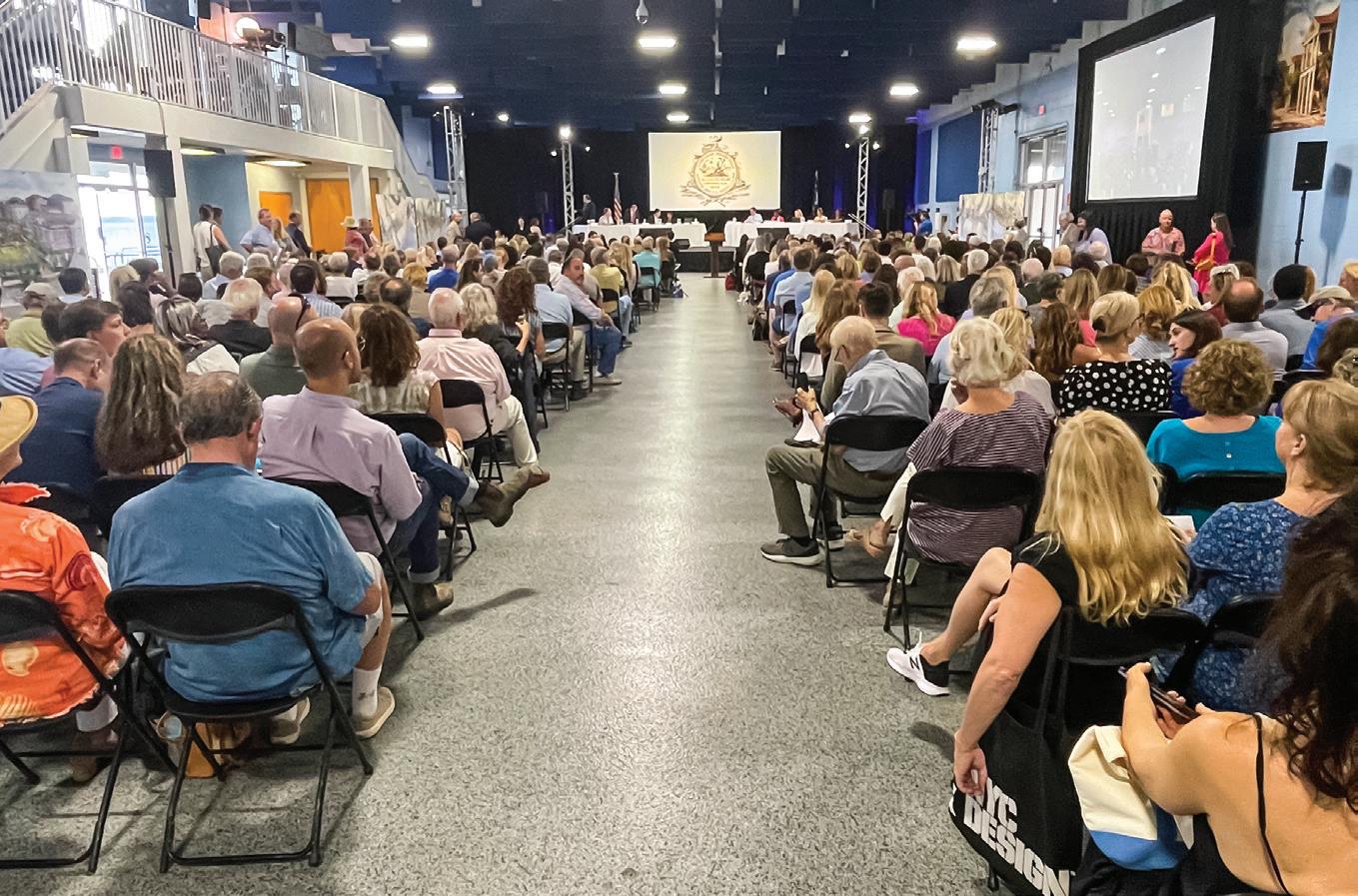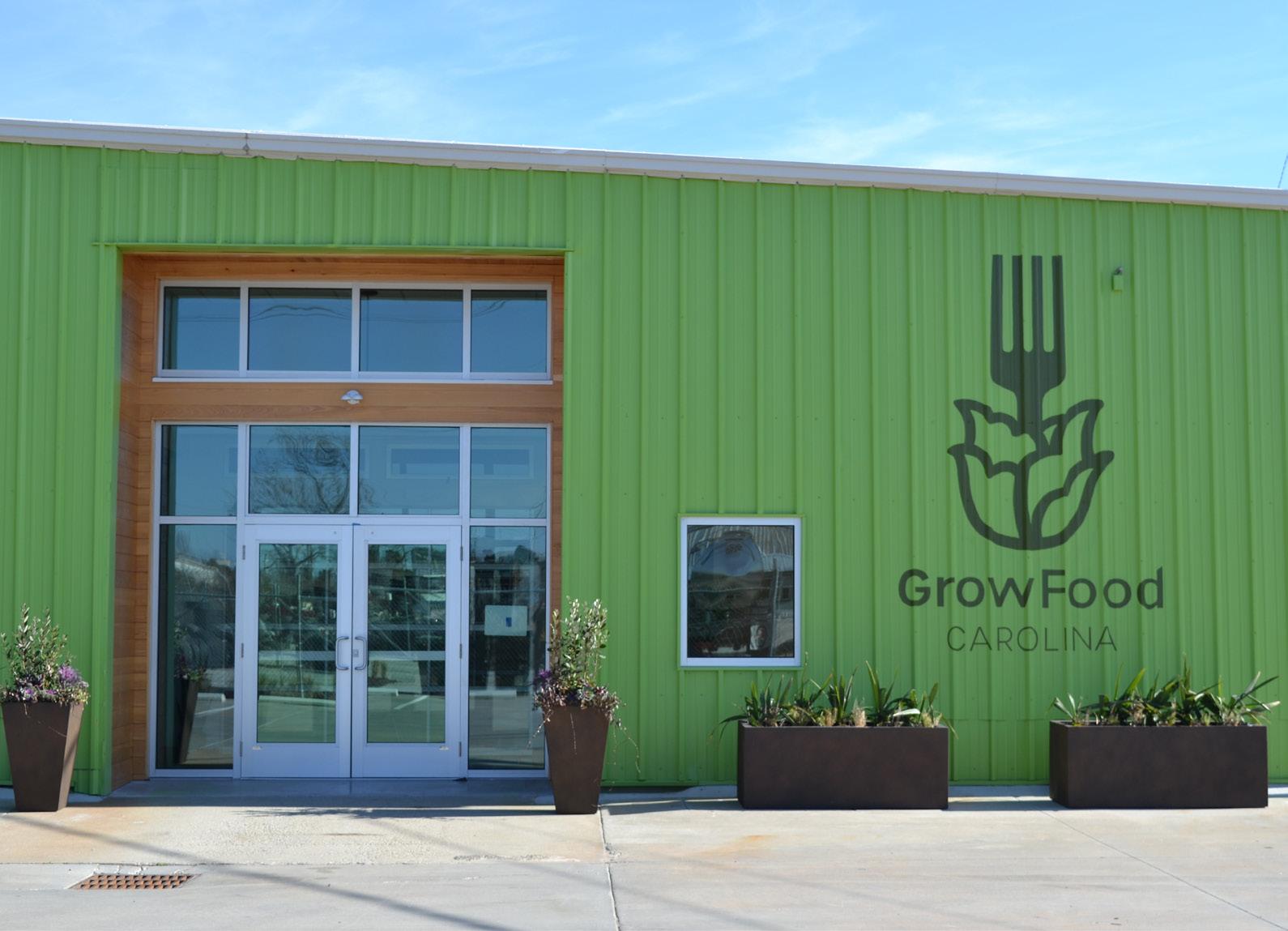




Executive
Faith Rivers James, Executive Director
Renee Elek, Executive Assistant & Board Liaison
Development
Nancy Appel, Development Director
Amy Carter, Assistant Director of Development
Kati McArdle, Grants & Donor Communications Manager
Amy Meola, Annual Giving Manager
Conservation Programs
Emily Cedzo, Director of Conservation Programs & Policy
Merrill McGregor, Director of Government Relations
Eddy Moore, Energy Senior Program Director
Ben Garris, Public Utility Analyst
Rachel Hawes, Coastal Stewardship & Engagement Manager
Riley Egger, Land, Water & Wildlife Program Director
Brooke Blosser, Land, Water & Wildlife Project Manager
Robby Maynor, Communities & Transportation Program Director
Emma Berry, Communities & Transportation Project Manager
Jessie White, South Coast Office Director
Grant McClure. South Coast Project Manager
Becky Ryon, North Coast Office Director
Trapper Fowler, North Coast Project Manager
Benton Montgomery, Director of GrowFood Carolina
Becca Watson, Farm Outreach Manager
Rebekah Spaid, Farm Outreach Coordinator
Deirdre Tanner, Supply Chain Manager
Anna Ware, Interim Sales & Marketing Director
Austin Lucas, Sales & Marketing Associate
Alexander Keesler, Sales & Marketing Assistant
Paul Haire, Warehouse Operations Manager
Shawn Parks, Driver & Warehouse Associate
Matt Mays, Driver & Warehouse Associate
Michael Albin, Driver & Warehouse Associate
Ryan Gonsalves, Driver & Warehouse Associate
Communications
Lily Abromeit, Director of Communications & Public Relations
Emmi Palenbaum, Communications Manager
Darienne Jordan, Marketing & Events Coordinator
Leslie Bogstad, CRM Administrator
Administration
Elizabeth Gibson, Human Resources Director
Mike Mistler, Controller
Margaret Stanley, Accountant
Jamie Roschal, Office Administrator
Kent Griffin, Board Chair
Steve Zoukis, Board Vice Chair
George W. Gephart, Jr., Secretary
William Brenizer, Treasurer
Dr. Tamara Butler
Andrew Carmines
Ceara Donnelley
Francie Downing
Lee Edwards
Carol Ervin
Shayna Howell
Chris Jaros
Cynthia Kellogg
Timothy P. Maloney
Pierre Manigault
Jeremiah Milbank
Margot T. Rose
Ascanio Serena di Lapigio
Claire Theobald
Headquarters
131 Spring Street
Charleston, SC 29403 843.723.8035
GrowFood Carolina
1814 Harmon Street
Charleston, SC 29405 843.727.0091
Columbia Field Office
1122 Lady Street Suite 705
Columbia, SC 29201
North Coast Field Office
301 Allied Drive
Coastal Science Center #160E
Conway, SC 29526 843.349.4089
South Coast Field Office
1212 King Street Beaufort, SC 29902 843.522.1800
Staff and board as of December 2023
Cover photo by Gately Williams Design by Braxton CrimDuring my first year as Executive Director, I had the opportunity of a lifetime to meet the incredible Dr. Jane Goodall and facilitate a conversation with her at a soldout Gaillard Center crowd, as she reflected on her awe-inspiring relationship with chimpanzees, the work of the Jane Goodall Institute, and how she continues to hold on to hope.
Dr. Goodall’s messages were clear: our earth is a sanctuary, and we need to treat it that way. Putting policies and procedures in place to take care of our home and prioritize the health of our communities is vital.
But how? It nearly always feels daunting. Coming together to find solutions and acting on them as a community can ease the burden. That night, Dr. Goodall encouraged us all to flip the common sentiment, “think globally, act locally” around. Instead, think locally, which will give us the courage to act globally. In essence: start small, start with your community, and those efforts reverberate globally.
The Conservation League’s work is rooted in advocacy and connecting people to actions that


conserve water, protect land and wildlife, promote clean energy, and help local farmers thrive. Our work has always been local. We work with partner organizations, residents, businesses, local and state governments, and elected officials to protect and promote the health of the natural and built environment; to anticipate threats; and to respond in a manner that maintains the integrity of the coastal region for decades to come.
Last fiscal year, alongside our tremendous partners, we celebrated the launch of the South Atlantic Salt Marsh Initiative’s Conservation Plan, doubled our capacity to support farmers across the state by moving into a larger GrowFood Carolina warehouse, advocated for the Venus Flytrap to be designated as the state’s carnivorous plant, and worked with the South Carolina Real Estate Commission to update the real estate disclosure form.
While these are major accomplishments, we know there is more work to be done. We’ll continue to do more to protect the integrity of St. Helena Island, work with the community on a new vision for the Union Pier redevelopment, advocate
for the protection of Lewis Ocean Bay from multiple threats, continue calling for South Carolina power companies to transition from coal to renewable energy, and much more.
The work we do at the Coastal Conservation League has never been more globally urgent or locally important. As we face the environmental threats associated with climate change, sea level rise, population growth and development, this work is critical. Unmanaged, the threats could lead to wildlife habitat and farmland loss, water and natural resource issues, and a diminished quality of life that would destroy the coast as we know it today.
Every day, thanks to your support, we continue to think and act locally, making a difference for our coast and the world.
In solidarity,
 Faith Rivers James
UNION PIER: Community members pack the SC Ports Authority’s passenger terminal during the June 7, 2023 Planning Commission meeting. This process has served as a great example of the difference we can make when we come together to advocate for our communities and our coast.
Faith Rivers James
UNION PIER: Community members pack the SC Ports Authority’s passenger terminal during the June 7, 2023 Planning Commission meeting. This process has served as a great example of the difference we can make when we come together to advocate for our communities and our coast.
7,540
23,000+
1,696
22,537
After extensive community engagement—co-led by our staff— and tremendous public pressure, the Ports Authority and city leaders announced they would stop the plan for an ill-advised development and form a steering committee to create a new plan for the redevelopment of Charleston’s Union Pier.
Beaufort County Council approved recommended language to the Cultural Protection Overlay, clarifying its original purpose and intent in prohibiting golf courses, gated communities, and resort development on St. Helena Island.
Beaufort County Planning Commission, Beaufort County Council’s Community Services and Land Use Committee, and Beaufort County Council all considered a request to remove the Pine Island property from the Overlay’s boundaries. Ultimately, all voted to deny the rezoning request, keeping Pine Island within the protective boundary.
The South Atlantic Salt Marsh Initiative’s Conservation Plan launched after three years of work by more than 300 coalition members spanning North Carolina to Florida. It focuses on enhancing the long-term abundance, health and resilience of the 1 million acres of salt marsh within the South Atlantic states. With funding from The Pew Charitable Trusts, the Conservation League served on the coalition.
Staff continued to advocate for the protection of Lewis Ocean Bay Heritage Preserve—one of the state’s last remaining intact Carolina Bays and home to endangered plants, birds, reptiles, and amphibians—from
threats like a nearby sand mine and a proposed hospital adjacent to the preserve, which would cause the preserve to cease to exist as the refuge it is today.
We advocated for the Venus Flytrap to be designated as the state’s carnivorous plant, and a law officially making it so was signed in May. The Venus Flytrap is native only to the Carolinas and though once found all the way to Charleston, the remaining populations in the state can only be found in Horry County.
After many years of partnership with the Conservation League and the Southern Environmental Law Center, the South Carolina Real Estate Commission updated the real estate disclosure form with changes that require much more comprehensive information be provided to people looking to purchase property in areas vulnerable to flooding and erosion. These changes will provide much more transparency for consumers, and essential education for property owners.
The Conservation League passed legislation in 2020 to establish a legislative study committee to evaluate the potential benefits for South Carolina’s participation in a regional wholesale electricity market. Last year, staff served on an advisory committee over several months to review the market reform committee’s report and recommendations, which were turned into a final study. The study indicates that South Carolina could save $362 million per year by joining a regional electricity market. It also endorses two of our priorities: coal plant securitization and a procurement process that allows all technologies to bid to meet utility needs.
A successful campaign to raise $6 million for a new GrowFood warehouse led to the opening of a 12,000 sq ft building on 1814 Harmon Street. GrowFood continues to partner with more than 120 farmers and producers who collectively harvest on 7,200 acres.
